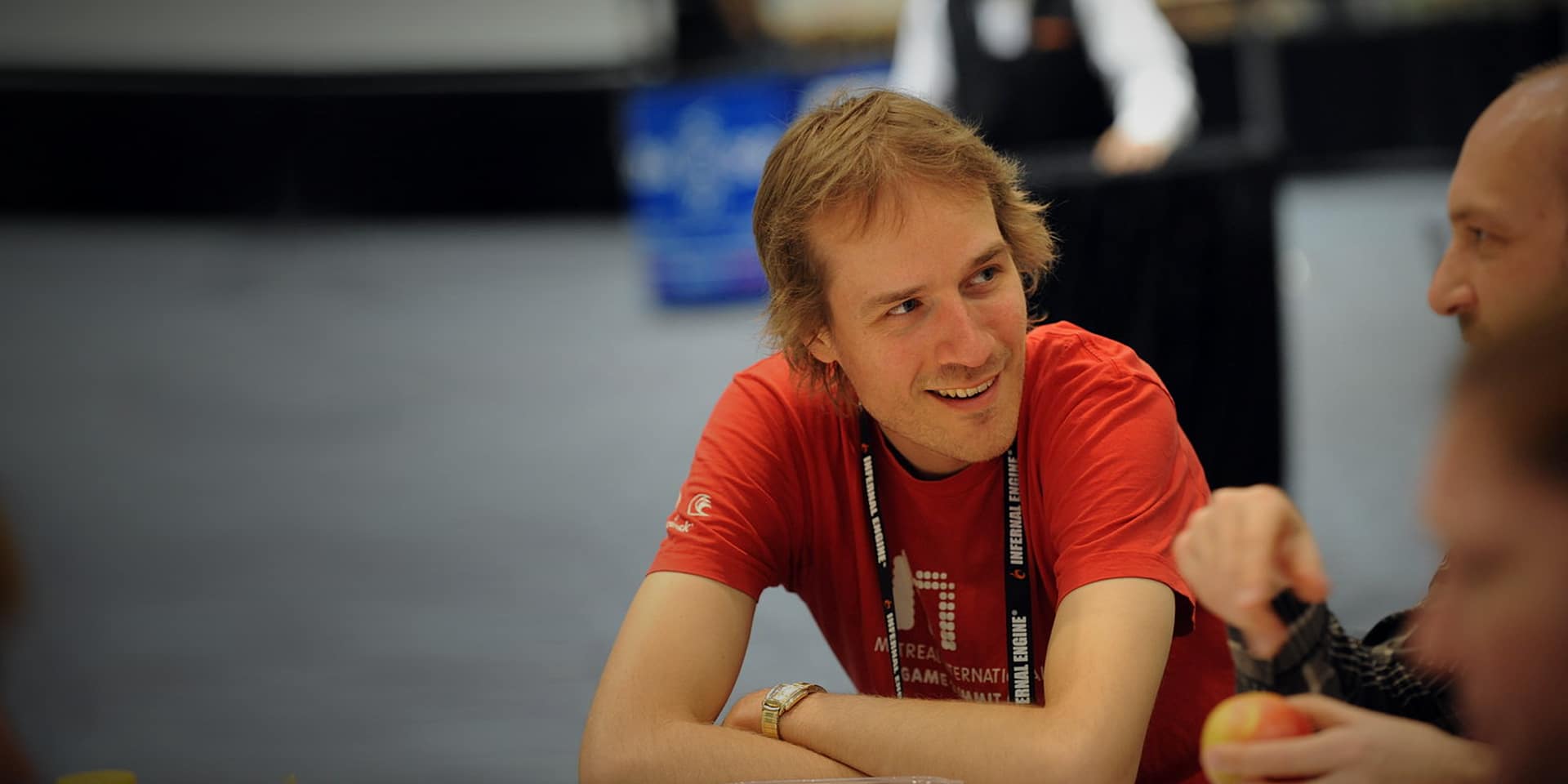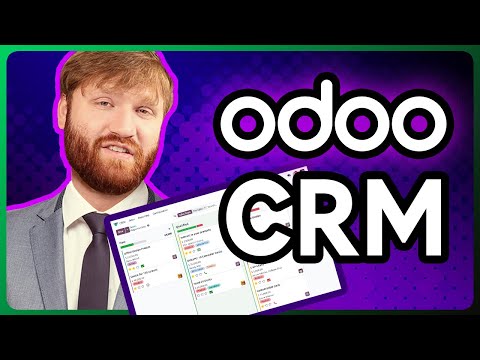Jason Rohrer is an independent video game designer in Davis, California. His 19 games have gained critical acclaim for pushing the boundaries of storytelling, morality, memory, existentialism, and art.
Not exactly typical for a game designer.
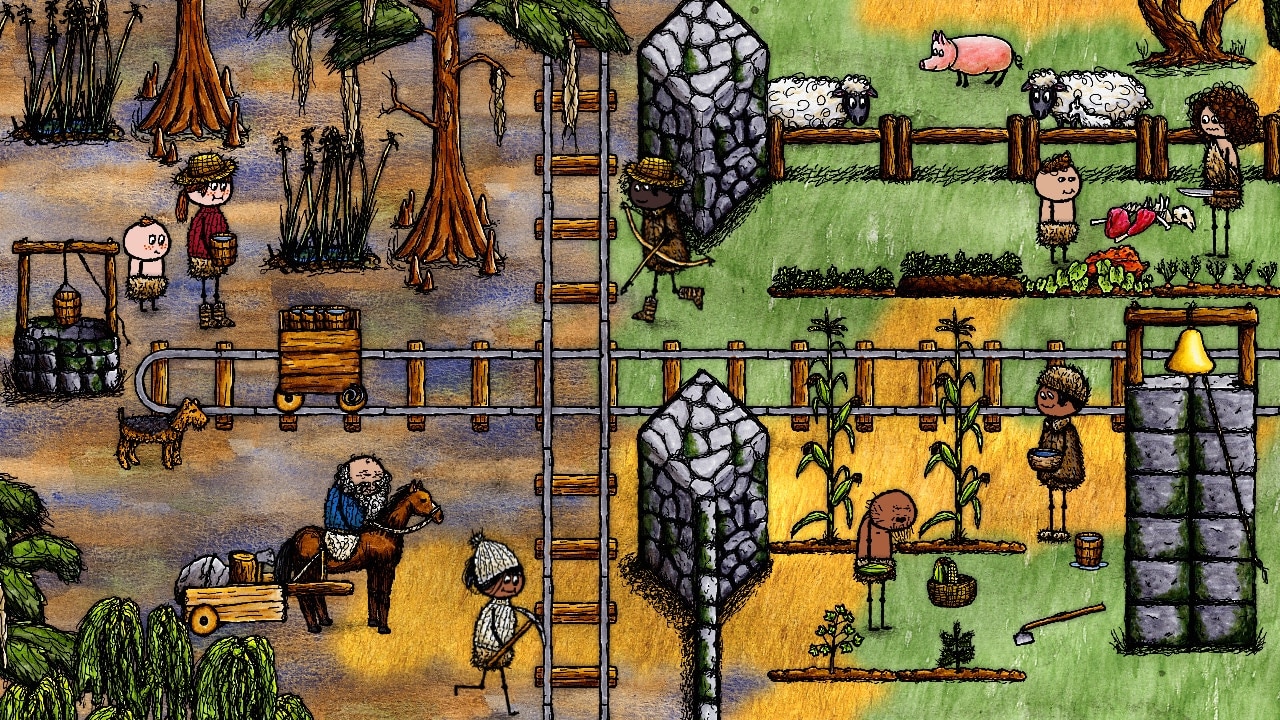
And that’s because Rohrer’s games are anything but typical. He sees video games as a medium ripe for experimentation and empathy.
“I want players to feel things they’ve never felt before on games nothing like they’ve ever played before,” Rohrer said. “I’m still trying to push the medium forward.”
Rohrer first drew attention in 2007 with Passage, a simple, heartbreaking game that mimics the passage of time and human experience.

“A superb and tightly crafted sonnet… More than any game I’ve ever played, it illustrates how a game can be a fantastically expressive, artistic vehicle for exploring the human condition.”
-Wired: “Poetic Passage Provokes Heavy Thoughts on Life, Death”
Passage was celebrated as a work of art and is now permanently hosted at the Museum of Modern Art in New York City.
While Rohrer’s games tap into similar philosophies and empiricisms, they are all exceptionally different and unique.
“I want to do something with each new game that is unlike anything that’s been done before,” Rohrer said. “Take whatever you’ve done so far and make a hard left. I don’t want to settle. I want to keep evolving.”
Rohrer’s other games include Between (made exclusively for Esquire), Sleep is Death, Cordial Minuet, and The Castle Doctrine – a devastating psychological MMO game where players have to protect their home while burgling other players’ abodes.
His latest release, One Hour One Life is another real-time massively multiplayer project that takes on colossal themes like cooperation, social structures, and understanding how the family you’re born into often dictates life’s trajectory.
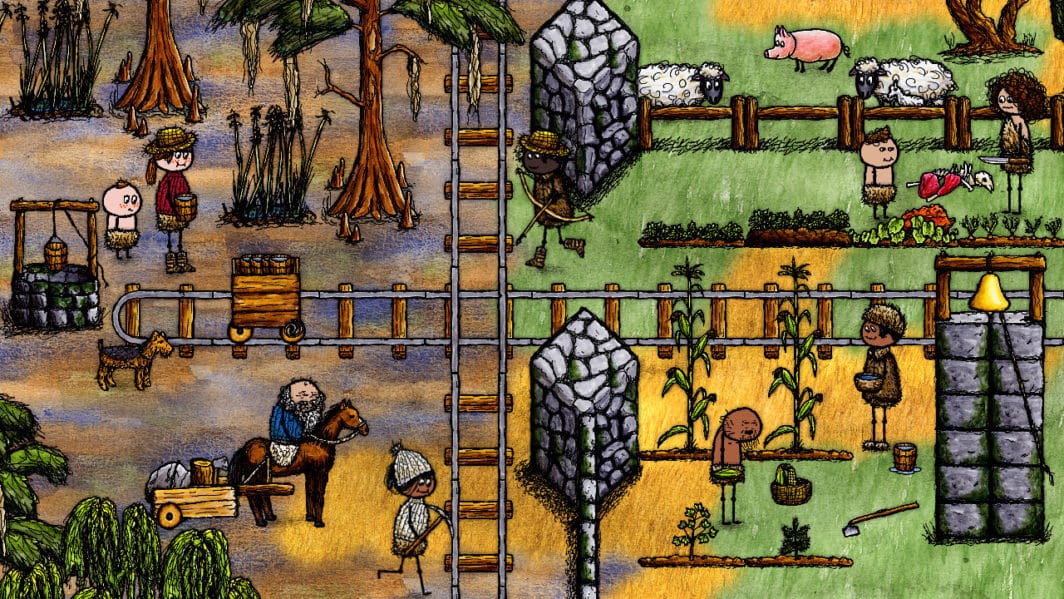
Every player is born into the game as a baby in a large, persistent world. You’re dependent on your mother – another player in the game – who takes care of you (or not!). Over the course of one hour, you live an entire life in the game, including having babies of your own in the form of other players.
The game is never-ending and ever-evolving as societies rise and fall, and new technologies emerge; Rohrer has embedded over 1,000 inventions – from basic fire and farming to the internal combustion engine and atomic robots – for players to build towards.
Rohrer painstakingly drew the game by hand with pencil and continues to update it every week. He even keeps a family tree that tracks every game (aka life) lived in the game’s world so players can see who they’re related to and trace their lineage.
One Hour One Life is as much a social experiment as it is a game.
“It touches on issues of sustainability, morality, and civilization, and asks impossible questions like: Are humans inherently good or bad?”
Vice: “‘One Hour, One Life’: This Game Broke My Heart and Restored My Faith in Humanity”
“Rohrer shows that these issues are not as confounding as they first appear. They are systems we’re a part of, rules we make up, and follow to get along. The world is a kind of video game.”
For Rohrer, these profound questions are what make video games inherently interesting. He originally eschewed mainstream gaming giants because, according to Rohrer, they invest millions of dollars in prosaic formulas instead of new ideas.
“A lot of these companies are just copying each other. There’s no room for crazy, creative individual voices,” Rohrer said. “When I stepped into the video game world, myself and a lot of other indie designers decided we needed to go small to carry the medium forward.”
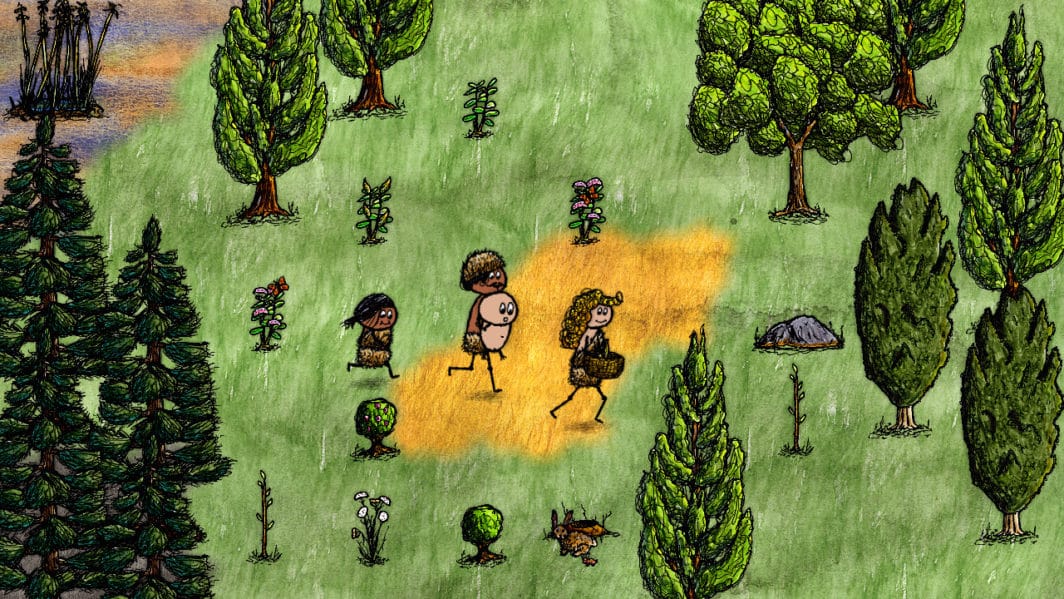
And unlike many fellow creators, Rohrer openly shares the source code for every creation in the public domain.
One Hour One Life’s entire complex world and data are housed on 35 Linodes, including one solely devoted to the “family tree” that stores the entire history of the OHOL world.
“What sold me on Linode was that I just called the phone number and someone answered on the first ring,” Rohrer said. “They knew what they were talking about and that’s continued with every question or support ticket I’ve had.”
As a developer, Rohrer also values the ability to test new things on his Linodes.
“I throw a server up, do a stress test, then tear it down,” Rohrer said. “I’m hosting this entire empire on there. 35 servers for only like $170 a month. You can’t beat it.”
“It’s super flexible so I’m able to spread things out and expand outward.”
One Hour One Life spawns 5,000 to 10,000 new lives every day, constantly growing the now-bustling world Rohrer created with just a single person named Eve three years ago. He says he devotes around five years to every large, personal project and sees himself continuing to develop One Hour One Life for at least another year or two.
“I don’t give myself the luxury of fantasizing about new projects before I’m finished.”

